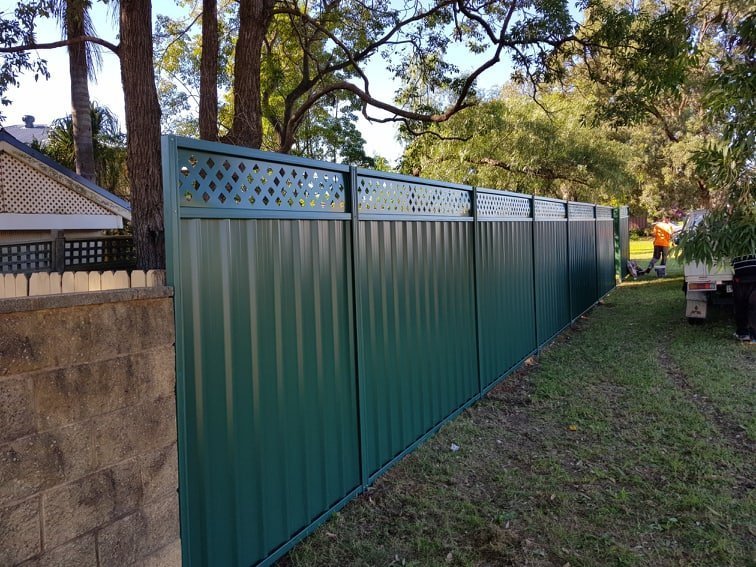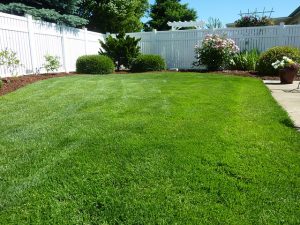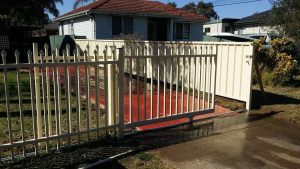12 Things That You Should Know Before Building a Fence
Are you planning to build a fence for your home? If yes, then you must already know the importance of having a fence. It largely complements your home. Privacy and security are the added benefits of this investment. Building and installing a fence is a task of great responsibility. Adding a fence around your home doesn’t just improve its curb appeal, but offers a positive return on investment. So, yes, having a fence is always better than having none.
Building a fence is a decision that requires great attention. There are a few things homeowners in Australia must consider when it comes to fencing. Let’s review them one by one:
1. Know the law
Before you do anything, it’s important to make yourself aware of the local law regarding residential fences. For instance, as per the law, a dividing fence must be erected on the boundary. When it comes to the ownership of the fence, it’s the joint asset of both adjoining owners (you and your neighbour) regardless of who paid for the fence and its installation.
Also, planning permission for fences in Australia is not required if the fence is no more than 2 meters in height or it adjoins a road/footpath.
You can inquire with other homeowners or check with the municipal building code officials in your area that dictate the look of the fence, height, and the material. Make sure you ask how far the fence must set back from the property lines and sidewalks. Also, find out if you will need a building permit for the fence.
2. The purpose of your fence
Once you are certain about the law in your locality, you need to ask yourself why you are building a fence. Yes, having a residential fence is always a good idea but what kind of benefit are you expecting? Do you want a fence just to keep your dog in the yard or you are looking for something that adds privacy and blocks noise? You could also be looking for a fence to add curb appeal. The purpose of building a fence will define your purchase.
3. Design and aesthetics
Design and aesthetics count big time. When choosing the type of fence, consider the style of your house. The fence you pick must fit perfectly with the personality of your house. For instance, if you have a Victorian style house, a wrought iron fence will look so traditional. Likewise, if you have a farmhouse style home, a picket fence will complement it well.
4. The climate in your area
Some homeowners like growing vines on their fence. If that’s your plan, pay special attention to the climate in your area. If strong winds blow often in your area, you need fences that are grounded into the mud deeper to prevent split or cracking. Since the climate in Australia is warm all year-round, the best option is a vinyl fence.
5. Choose the right material
Before buying any type of material, think about the commitment you are making. In other words, choose a material that requires low maintenance such as vinyl fences. They don’t catch grease and they look like wood. If you don’t want to go with vinyl, other options include Merbau, pailing, bamboo, steel (like Colorbond), aluminium, and wrought iron.
6. Space the posts correctly
If you are adding the fence for privacy purpose, the spacing of the post is one crucial factor in fence installation. This will determine whether or not the fencing can withstand the impact of the weather. For most fence designs, the posts need to be installed 8 feet apart. Such spacing also prevents sagging and improves the strength of the fences during windy weather.
7. Add an entrance
Experts recommend planning at least two paths into the fenced area. One of these entrances, whether it has a gate or not, must be large enough to accommodate equipment such as garbage bins, lawn mowers, etc. You can also add stepping stones to indicate the gate’s location. Often a driveway gate is used as it is large enough to accommodate most things.
8. Be a good neighbour
It’s not enough to know the law, you need to be a good neighbour as well. Be upfront with your neighbour regarding your fencing plans. Do not block their view with your fencing. If you are planning to share the fence, then get an agreement in writing. However, before you do that, have the property boundaries determined professionally.
9. Call a professional for the installation
Installing a fence is not a layman’s job so don’t try to do it on your own. In fact, it is harder than it looks. Let a professional handle the job. Before you decide to hire one, ask them to show the fences they have installed previously. This might even help you generate ideas for your own fence.
10. Do leave a view
Everyone wants privacy but the problem is, a higher fence will box you in. We are human beings and we enjoy the outside view. Choose such a design for the fence that there is some view left for yourself. You can vary the height of the fence in specific areas to view your yard whenever you want to.
11. Consider its maintenance
Fencing is an investment that will increase the value of your home so you must make sure it lasts. For that, it’s best to avoid growing vines on the fence. They certainly look nice but they reduce the lifespan of the fence. If you wish to grow the vegetation near the fence, it’s recommended to build a separate structure. You must also make sure the fence is dry and free of insects. If there is a sprinkler nearby, have it adjusted. You don’t want the water to be sprayed directly onto the fence.
12. Consider the cost
Not all types of fences have the same price. Some are cheaper than the others. Plus, if you mix different types, you can save more money. It is not a bad idea to have different types of fences at the front and back of the yard. Installing the same type may not be easy on your wallet. Talk to a professional if you need help in picking the type and design.
As you keep these pointers in mind before building a fence for your house, you won’t have any regrets.
Contact Top Fencing Contractors for all your fence and gate needs.




Got something to say?